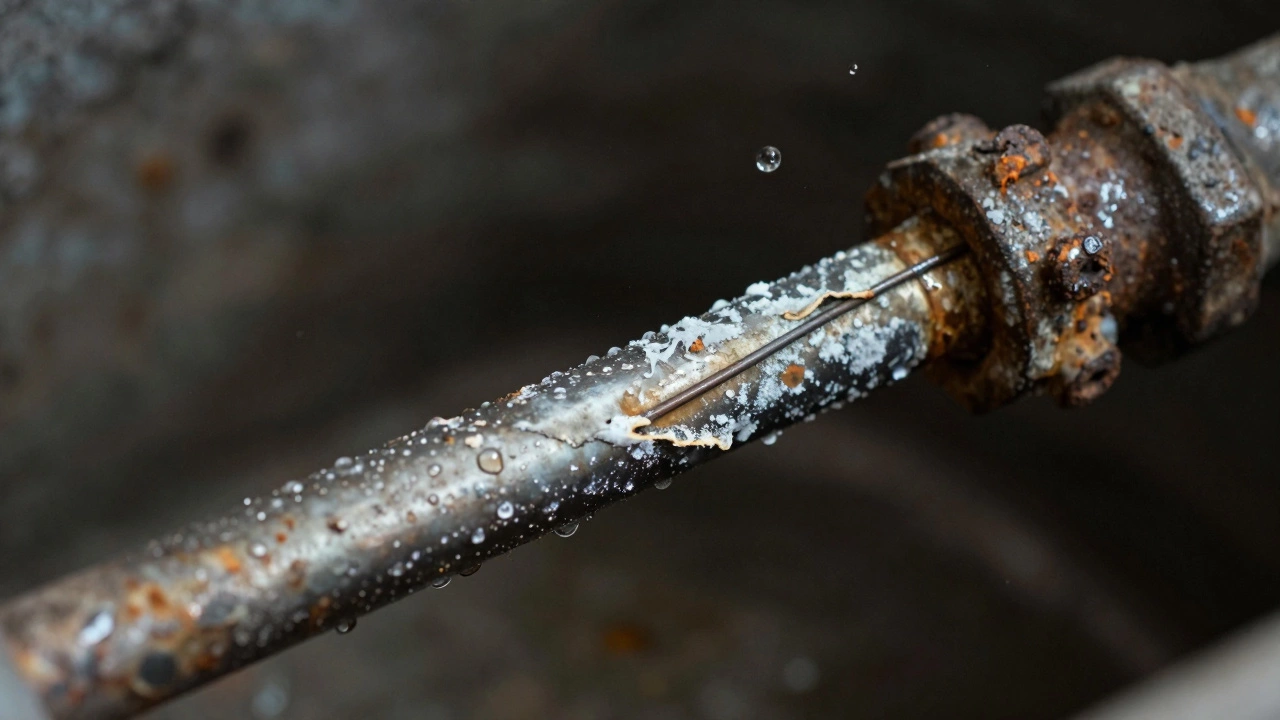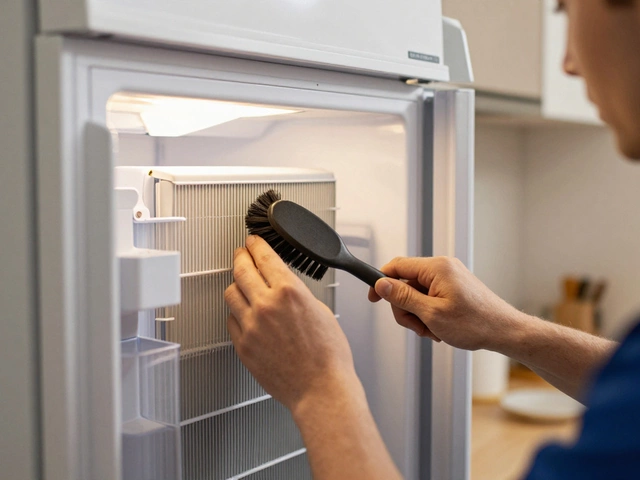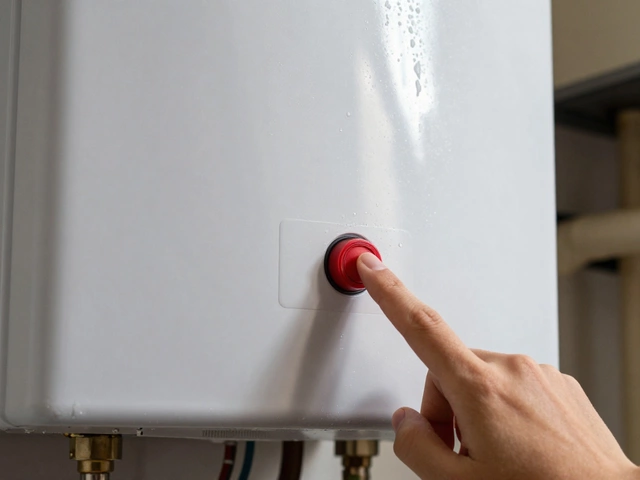Anode Rod Basics: Keep Your Water Heater Safe
When working with anode rod, a sacrificial metal piece installed inside a water‑heater tank that attracts corrosive agents. Also known as sacrificial anode, it sacrifices itself to protect the tank walls from rust.
Every water heater, whether gas or electric, relies on the anode rod to stay rust‑free. The rod creates a galvanic cell that directs corrosion toward itself, which means the tank’s steel interior lasts much longer. In short, anode rod protects a water heater from corrosion, and corrosion shortens tank lifespan. When the rod is depleted, the tank becomes vulnerable, and leaks or catastrophic failures can follow.
Types of Anode Rods and When to Choose Each
Manufacturers offer magnesium, aluminum, and zinc‑aluminum hybrid rods. Magnesium anodes dissolve faster, offering stronger protection in soft water, while aluminum rods last longer in hard water but provide slightly weaker protection. The hybrid combines the benefits, making it a safe default for most UK homes. Knowing your water hardness helps you pick the right rod, which in turn influences how often you’ll need to replace it.
Maintenance is simple: locate the access plug on top of the heater, turn off power or gas, and unscrew the old rod. A new one bolts in place, and you’re done. Most technicians recommend checking the rod every 12‑24 months. If it’s below half an inch thick, it’s time for a swap. This quick check restores galvanic protection, preventing the tank from corroding further.
Replacing the anode rod not only stops rust but also improves heating efficiency. A corroded tank builds up scale, forcing the heater to work harder and raise energy bills. By keeping the rod healthy, you keep water hot faster and lower your monthly costs. That’s why many homeowners treat anode‑rod replacement as a regular part of boiler servicing.
Below you’ll find a collection of articles that dive deeper into related topics: how to diagnose hot‑water problems, the lifespan of different tank materials, and step‑by‑step guides for DIY replacement. Whether you’re a seasoned DIYer or just starting to learn about water‑heater upkeep, these posts give you practical insights and clear actions to keep your system running smoothly.
Learn how to spot a failing water heater anode rod - smelly water, rust, noise - and how to replace it yourself before your tank leaks. Save hundreds on repairs.
Regularly replacing the anode rod in your water heater is crucial for maintaining its efficiency and longevity. An anode rod, often viewed as the unsung hero of a water heater, plays a pivotal role in preventing corrosion. By understanding the signs of wear and the ideal timing for replacement, homeowners can ensure optimal performance of their water heating system. This guidance is invaluable for those seeking to avoid unexpected breakdowns and extend the life of their unit.



